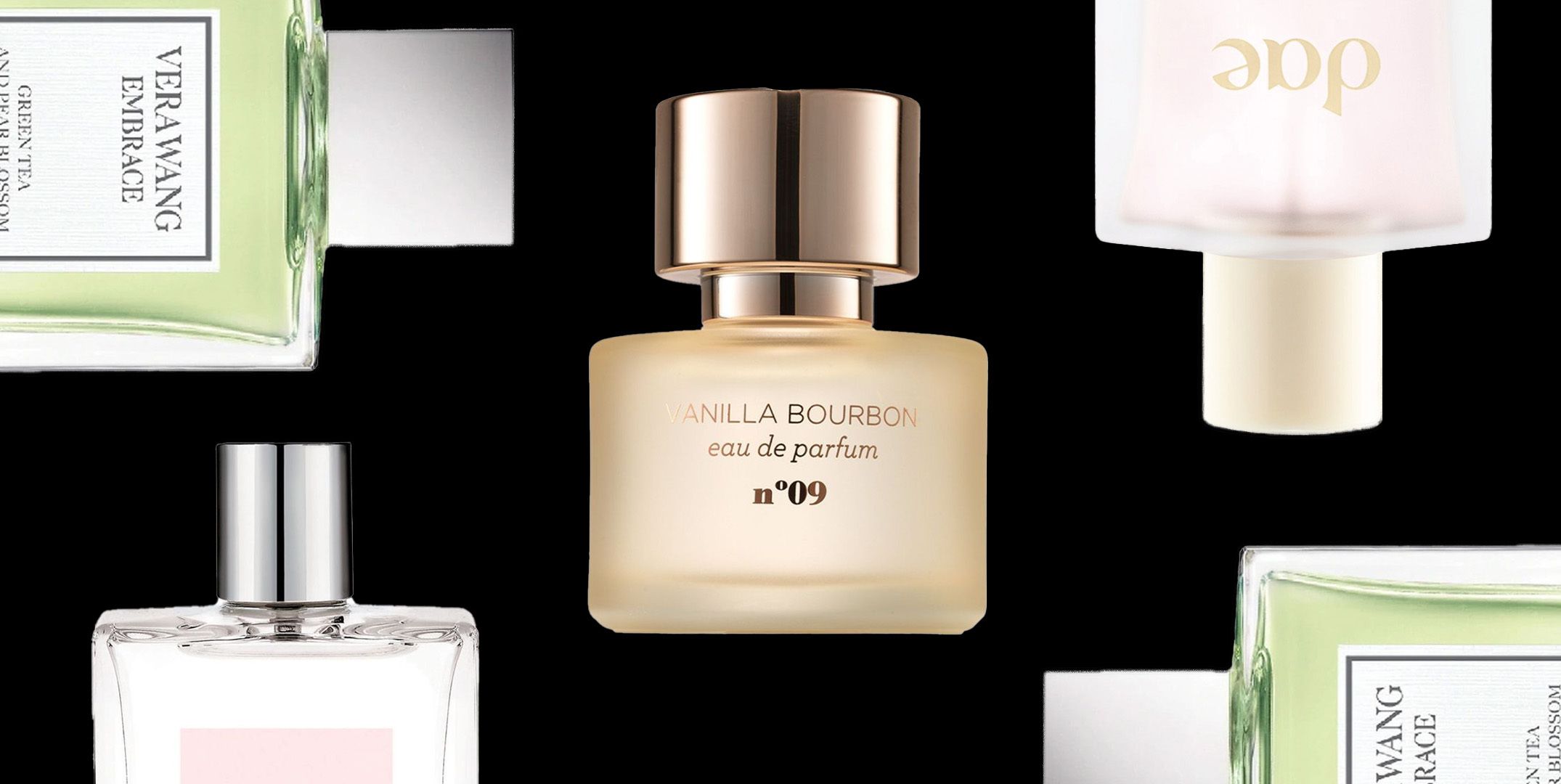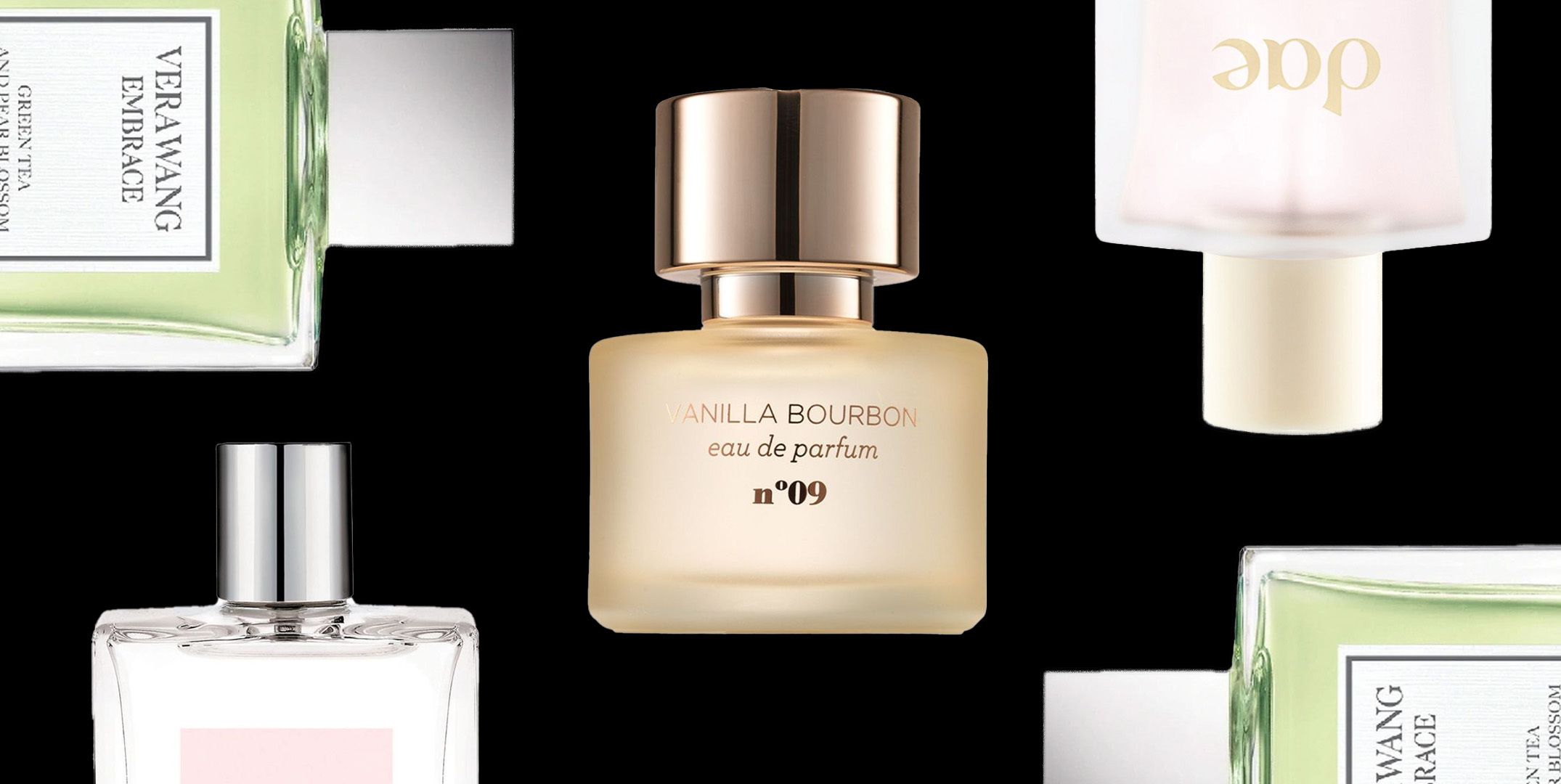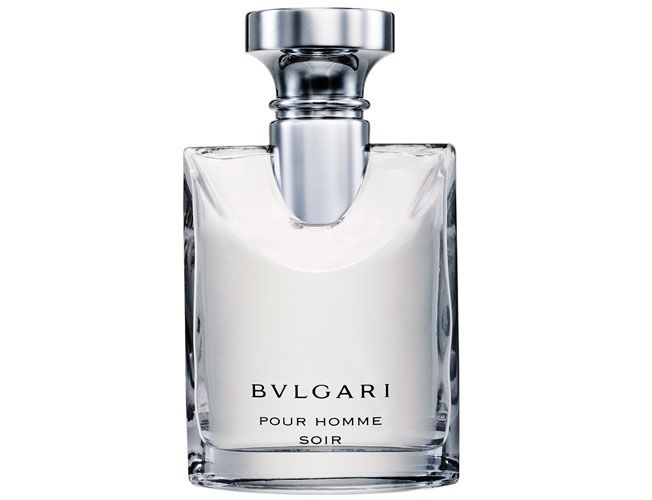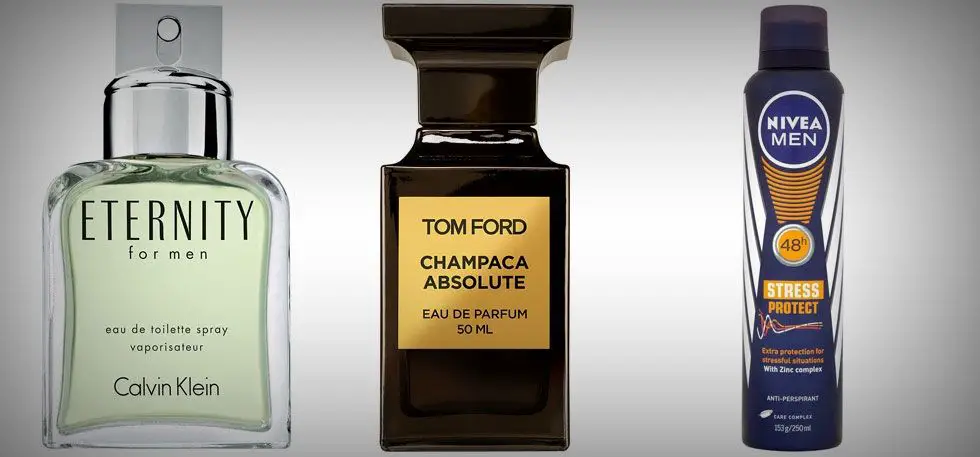When it comes to personal grooming and scent choices, many people are familiar with the term “perfume.” However, when referring to fragrances specifically designed for men, the terminology can sometimes be confusing. This article explores what men’s perfume is called and delves into the nuances of men’s fragrances.
Understanding Men’s Perfume Terminology
The term “perfume” is often associated with women’s fragrances, but men’s perfumes exist and are typically referred to by different names. Here are the most common terms used:
- Cologne: The most widely recognized term for men’s perfume is cologne. This term originates from the French city of Cologne and historically refers to a light, refreshing fragrance. Today, it generally signifies a fragrance with a lower concentration of essential oils, making it less intense than traditional perfumes.
- Eau de Toilette (EDT): This is another popular term for men’s fragrances. Eau de Toilette contains a higher concentration of fragrance oils than cologne, typically around 5-15%. It is designed to be noticeable but not overpowering, making it suitable for everyday use.
- Eau de Parfum (EDP): While less common for men, Eau de Parfum has a higher concentration of fragrance oils (usually 15-20%) than both cologne and Eau de Toilette. It offers a longer-lasting scent and is ideal for evening wear or special occasions.
- Aftershave: Often confused with cologne, aftershave primarily serves a different purpose. It is applied to the face after shaving to soothe and protect the skin. While it contains fragrance, its scent is typically lighter and does not last as long as cologne or Eau de Toilette.
FAQs about Men’s Perfume
Q: What is the difference between cologne and perfume? A: The primary difference lies in the concentration of essential oils. Perfume, or Eau de Parfum, contains a higher concentration of oils (15-20%), resulting in a stronger, longer-lasting scent. Cologne has a lower concentration (2-4%), making it lighter and more suitable for frequent reapplication.
Q: Can men wear perfume? A: Yes, men can wear perfume. The term “perfume” is not gender-specific and refers to the strength and longevity of the fragrance. Many men prefer Eau de Parfum for its lasting power, especially for special occasions.
Q: How should I choose a men’s fragrance? A: When choosing a fragrance, consider the occasion, your personal style, and the season. Lighter scents like colognes are perfect for daytime and warmer months, while richer, more intense fragrances like Eau de Parfum are better suited for evening wear and cooler seasons.
Q: How should I apply men’s fragrance? A: Apply fragrance to pulse points such as the wrists, neck, and behind the ears. These areas emit heat, helping to diffuse the scent throughout the day. Avoid rubbing the fragrance into your skin, as this can alter the scent.
Q: How long does cologne last? A: The longevity of cologne depends on its concentration and your skin type. Generally, cologne lasts about 2-4 hours, while Eau de Toilette can last 4-6 hours, and Eau de Parfum can last 6-8 hours or more.
Q: What are some popular men’s fragrances? A: Popular men’s fragrances include classics like Acqua di Gio by Giorgio Armani, Bleu de Chanel by Chanel, and Dior Sauvage by Christian Dior. Each offers a unique blend of notes, from fresh and citrusy to deep and woody.
In conclusion, while the term “perfume” can be used for men’s fragrances, it is more common to hear them referred to as cologne or Eau de Toilette. Understanding these terms and their differences can help you choose the right scent for any occasion. Whether you prefer a light, fresh cologne or a bold, lasting Eau de Parfum, there is a men’s fragrance to suit every personality and style.









